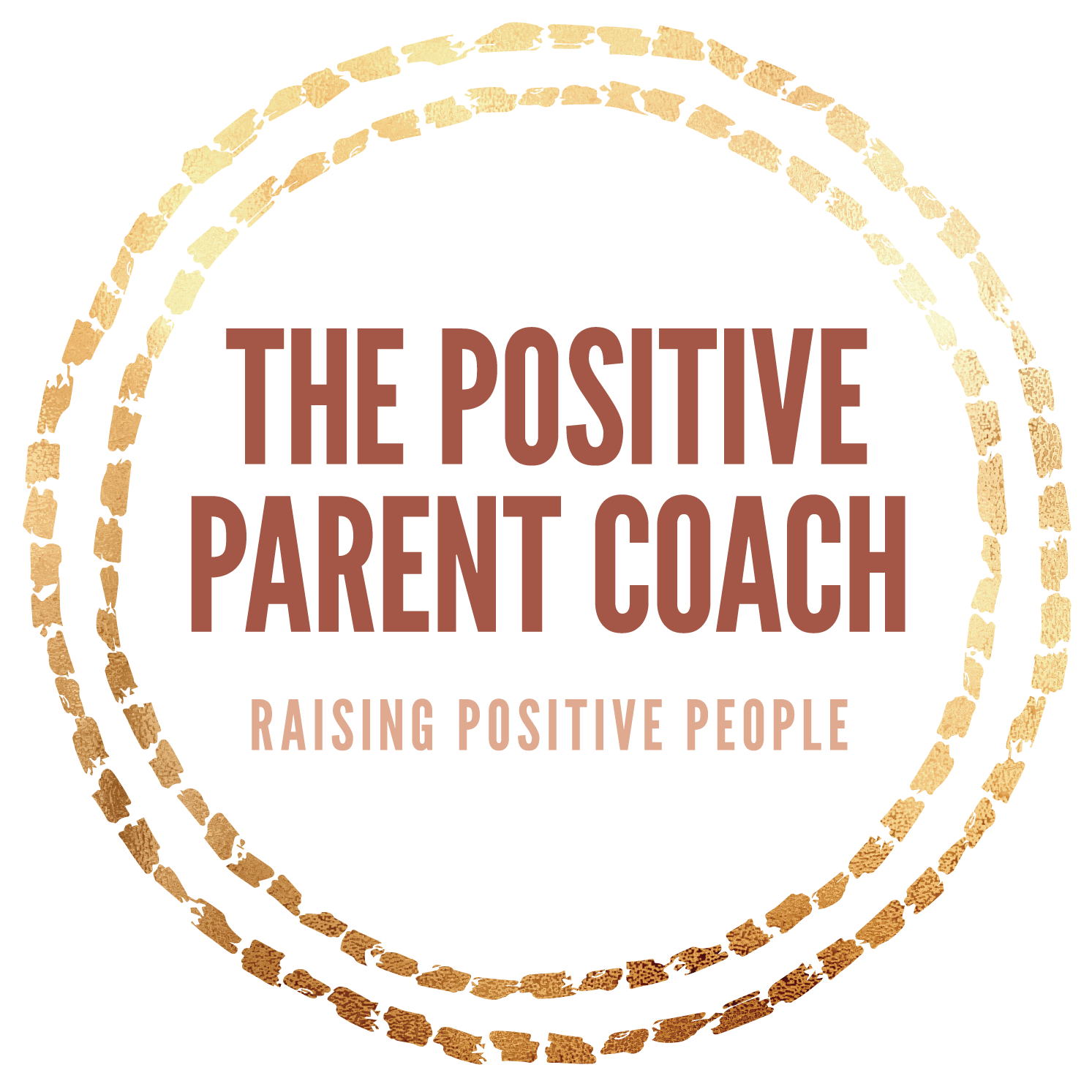Navigating Transitions
Navigating Transitions
Transitions, big or small, can be some of the hardest moments for children (and parents). Whether it’s getting ready for school, welcoming a new sibling, or saying goodbye at bedtime, these moments require flexibility, emotional safety, and connection.
You’ll discover:
Why transitions often trigger resistance, anxiety, or meltdowns.
How to support your child’s nervous system through change.
Practical, compassionate strategies for smoother mornings, goodbyes, and big life shifts.
Tools to strengthen resilience and emotional safety during periods of uncertainty.
In this section, you’ll learn how to help your child adapt to change while staying grounded and connected even when emotions run high.
Workshop 1: Supporting School Readiness
Confident Beginnings: Helping Your Child Feel Ready for School
Starting school is one of the biggest transitions in early childhood — and it can bring up excitement, fear, and uncertainty for both you and your child.
This workshop explores how to:
Build emotional readiness (not just academic).
Use routines, stories, and play to prepare your child.
Manage separation anxiety with confidence and compassion.
Strengthen your connection so your child feels safe to explore independently.
Workshop 2: Love Languages in Parenting
Every child has a unique way of feeling loved, whether it’s through words, time, touch, gifts, or acts of service. This workshop helps you identify your child’s (and your own) love languages so you can meet their emotional needs in ways that truly resonate.
You’ll learn:
How to spot your child’s primary love language
Simple, everyday ways to express love that land deeply
How unmet love needs can drive misbehaviour or defiance
Every child has a unique way of feeling loved and connected.
When we understand how our child naturally gives and receives love, we can meet their emotional needs in a way that truly lands.
Often, parents and children have different love languages, which means love can be “lost in translation.” Learning to speak your child’s love language helps strengthen connection, reduce power struggles, and create a deeper sense of safety and belonging.
Workshop 3: When Your Child Prefers the Other Parent
It can be painful when your child consistently turns to the other parent for comfort or connection. This workshop helps you understand why this happens, what it means (and doesn’t mean), and how to gently rebuild your relationship without shame or comparison.
You’ll learn:
What’s happening beneath the “parent preference” phase
How to stay emotionally grounded and confident
Practical ways to reconnect and strengthen your bond






